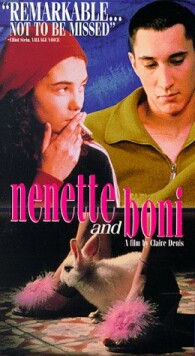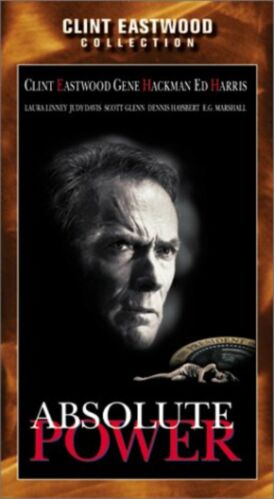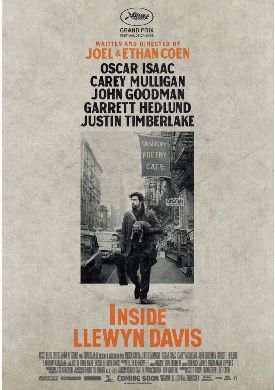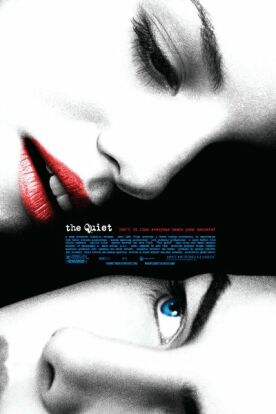Holy Man
Holy Man, written by Tom Schulman and directed by Stephen Herek at
first looks as if it is going to be a more successful exercise in Hollywood
metaphysics than the dreadful What Dreams May Come. Set in the cutthroat
corporate world of the Good Buy Home shopping network, run by the splendidly
nasty John McBainbridge (Robert Loggia), it presents us with the familiar trope
of the mysterious stranger, dressed in a kaftan and calling himself only “G”
(Eddie Murphy), who comes to teach us what is really important in life. It is a
good idea and doubtless helpful to those both in and out of the rat-race—or it
would be if the film itself had anything but the vaguest idea of what, in fact,
is really important in life.
Ricky Hayman (Jeff Goldblum) is the network’s chief executive but his life is
“hanging by a thread.” His sales are down, his debts are catching up with him
and McBainbridge is threatening to fire him. But he has to act confident, put on
a show. Occasionally, he goes into the closet and says a little rhyme as a kind
of prayer:
Good, better, best,
Never let it rest,
Till your good is better,
And your better is best.
It is the salesman’s ethos, a kind of desperate belief in the power of
positive thinking. But it doesn’t seem to be doing him much good until G arrives
in his life at the same time as a sit-com type gal called Kate (Kelly Preston),
an Ivy League hot shot who puts down his clumsy expressions of romantic interest
with clever one-liners. Ricky naturally thinks that the homeless guy in a kaftan
is a bum, or perhaps a mugger, and tries to shake him off, but the
tender-hearted Kate shames him into taking him into his own home. There,
obviously, there are rich comic possibilities, but one also begins to have the
sense of something more interesting when G. puts in an appearance at one of
Ricky’s parties and offers to cure Nino Cerruti (appearing as himself) of his
fear of flying. To do so he hypnotises him and puts him through a
counterintuitive scenario of a plane crash, where he knows he is going to die,
and then instructs him to think of his loved ones and his happy memories and of
being (gulp!) “At one with God.”
It is the only moment at which the G-word is allowed to appear in full—and
the last moment, unfortunately, at which one might hope for some spiritual
content that is not merely anodyne. When G gets his own show, called “The G
Spot,” and becomes a star on the home shopping network by spouting “a mixture of
higher thinking and lower prices” we are left with a very sketchy idea indeed of
what the higher thinking consists of. “That’s what life is all about,” he says
at one point. “Connecting—the only time you’re really alive.” Well, yes. But
apart from the oddness of saying it on television, there is not so much
remarkable about saying so that we should require a holy man to tell us so.
The one thing that might make the picture worth seeing if you have to go to a
movie this weekend is the jokes at the expense of on-air commerce. Betty White,
for instance, says she’s 67 and she’s made love twice today. Her secret is
“Clam,” the mysterious fragrance of the sea. And then there’s Dan Marino
advertising “Hood Buddy”—a pot that cooks your dinner on top of the engine in
your car or truck. But in the end the picture is forced to fall back on the
blossoming romance between Ricky and Kate because it knows, as we know, that
“philosophy, a higher state of consciousness and non-stop shopping” is as
preposterous an idea as old man McBainbridge first thinks it is.
Discover more from James Bowman
Subscribe to get the latest posts to your email.







